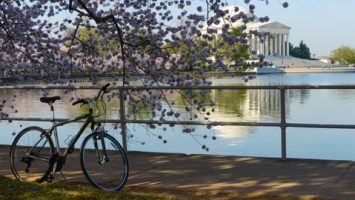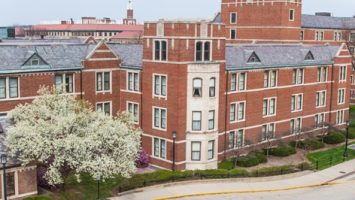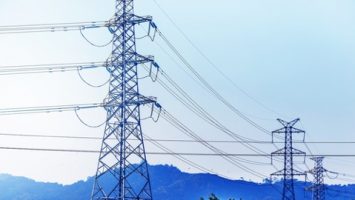
The Green Exchange Program in the city of Curitiba, Brazil is a city-wide initiative where residents trade recyclable materials for fresh produce. Every four kilograms of recyclables can be traded for one kilogram of fresh fruits and vegetables – guaranteeing the sale of surplus crop production and helping to keep the environment clean by encouraging recycling efforts. Founded in 1991, by 2007 the program had recovered over 45 thousand tons of waste from ending up in landfills – a reduction of almost 70% of landfill waste.
Funds from the Curitiba Department of the Environment (SMMA) are used to buy surplus crops from regional farms which assists small farmers with crop sales. Every 15 days in 101 different trading sites across the city, residents can exchange recyclable materials such as paper, cardboard, glass, metal, and oil for fresh produce. This leads to improved nutrition for the population and encourages and incentivizes recycling and environmental preservation.
The program includes educating residents regarding preservation of the environment, sustainable development, and combating hunger and poverty. The advertising campaign, “Garbage that is Not Garbage” run by the city government encourages residents to sort their trash into “organic” and “inorganic” categories. With the help of the Institute for Social Integration, sorting jobs have been issued to low-income community members thus helping to reduce the unemployment rate.
The program continues to run successfully and has expanded to include a Special Green Exchange Program. This allows schools and establishments to exchange biodegradable waste for items such as school supplies and more.


